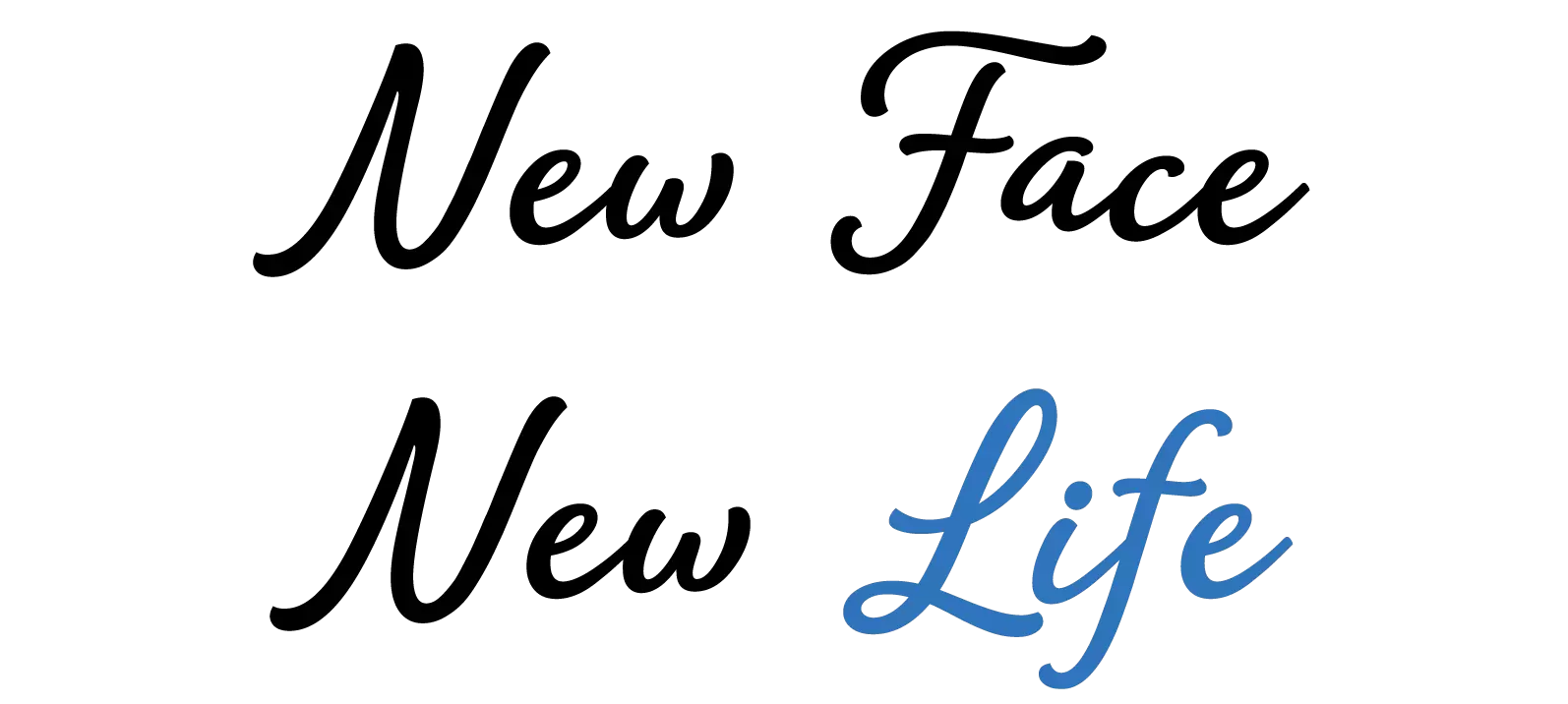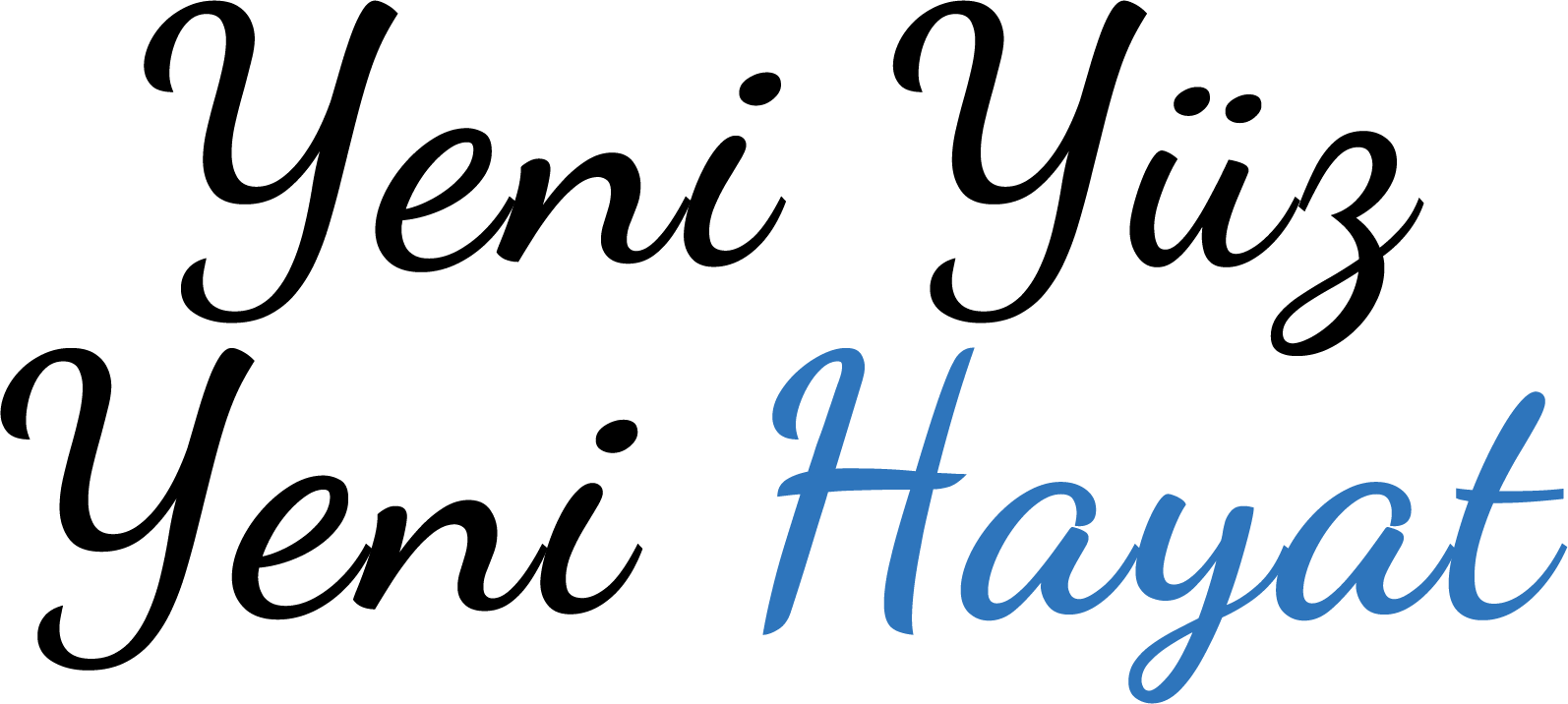Facelift surgery is a painful procedure. Do not rely on misleading information claiming that facelift surgery is painless. Every patient who undergoes facelift surgery feels some pain in some way, for a while. However, classically, aesthetic surgeries are not very painful.
No surgeon wants to talk too much about pain in the pre-aesthetic surgery interview, to spoil the magic of the process, to wither the "excitement of beautification" that flourishes in the candidate's heart.
In my experience, when patients get more information about the negativities of the post-facelift process, they do not give up the procedure. On the contrary, they are more mentally prepared for the post-procedure process. The patient's trust in the physician is reinforced.
How is the pain that awaits you after facelift surgery?
After facelift surgery, 9 different types of pain may occur.
1. Pain from surgical incisions
This type of pain is very mild and responds very well to simple painkillers. It disappears after the first day of the operation and is replaced by a tenderness that can be felt by touching the wound.
2. Pain caused by deep tissue tension:
This type of pain can be observed after operations that cause tension in the subcutaneous muscle and connective tissues. It is more like a feeling of tension and squeezing rather than pain. It is felt under the chin, temple and behind the ear where deep tissue fixation is performed.
3. Pain due to compression of sensory nerves:
In some types of surgery, sensory nerves, especially behind the ear, can be pinched between the stitches. Compression of the sensory nerves often causes numbness and tingling. Approximately one in 20 patients experience pain due to nerve compression. It is a relatively severe type of pain that does not respond well to postoperative painkillers. It is felt as sharp and stabbing. This condition subsides spontaneously within 48 hours, but long-acting local anaesthetic injection may be required to increase patient comfort after surgery. Compression of the sensory nerves between the fixation sutures may cause chronic pain around the handles in much rarer cases.
4. Pain due to increased compartment pressure:
It is a type of pain that becomes especially evident around the 48th hour after surgery. It is a mild discomfort. It is characterised by a feeling of tension and swelling rather than pain. In the early hours following the operation, asymmetric, localised pressure pains may indicate subcutaneous bleeding. In this case, the ward nurses may need to check the surgical site by opening the corset or dressing as instructed by your doctor.

5. Pain due to corset pressure:
The corsets used after the operation may cause pain by compressing the skin. The edges of the corset may cause discomfort and skin abrasion around the neck and ears. In case of discomfort and distress due to the corset, it may be necessary to loosen the corset or adjust the pressure.
6. Stress-related headache or abdominal pain:
After the operation, stress-type headaches or stress-type abdominal pains that are not directly related to the operation may occur due to anxiety and stress. In order to prevent these pains, we give gastroprotective drugs and painkillers effective for stress-type headache.
7. Headache due to increased blood pressure:
After facelift surgery, blood pressure is above the normal level in the first 24 hours in a significant portion of our patients. In this process, a throbbing headache starting from the neck and spreading to the scalp may occur due to increased blood pressure and irregularities in blood pressure. This complaint will disappear after the blood pressure is lowered with appropriate medication.
8. Body pain due to the operating position:
After prolonged combined surgeries, pain may occur in areas that are exposed to pressure such as the hips, back, under the shoulders and heels. This pain is similar to the stiffness you experience after sleeping in an inverted position. It is caused by the soft tissues leaning against the bones and being temporarily anaemic. Most of the time it passes within 1-2 hours, but in some special cases it can last up to 1-2 days. A short massage with painkiller ointments is good for this type of pain.
9. Pain that is a symptom of internal complications:
Rarely, in addition to the above-mentioned, body pains (abdominal pain, groin pain, chest pain, etc.) may occur, which are the harbingers of medical complications that are not directly related to the surgery. In these cases, we can ask for consultation from other medical branches in order to evaluate our patient and determine the cause of the pain.
Most of the time, the pain after facelift surgery is quite mild and easily tolerable. However, some patients may feel pain at a level that keeps them awake all night long. Each individual's pain threshold, pain tolerance and drug sensitivity are different from each other. We routinely apply a pain treatment consisting of a combination of 3 different drugs in each patient. We follow each patient in the hospital for the first 24 hours in order to individualise the pain treatment and to observe the side effects (nausea, constipation, abdominal pain, drug reactions) related to this treatment. When patients come to their first postoperative appointment, most of the time their pain is completely gone.
It is impossible to talk about surgery pain and not mention anaesthesia. The type of anaesthesia used during facelift surgery is effective on both intraoperative and postoperative pain. Surgery is a team work and anaesthesiologist is an indispensable part of this team. In cases where pain cannot be controlled with standard treatments, remember that we can always get help from your anaesthesiologist for advanced additional treatments. I prefer to perform facelift surgeries under general anaesthesia for patient comfort.
As you know, there are many different technical variants of facelift surgery. We can say that more extensive operations may cause more postoperative discomfort in general. Even non-surgical facelift techniques cause a certain degree of pain and discomfort.
You can contact us for more detailed information about facelift surgery.
Stay with love,
Stay nice.
O.B.


